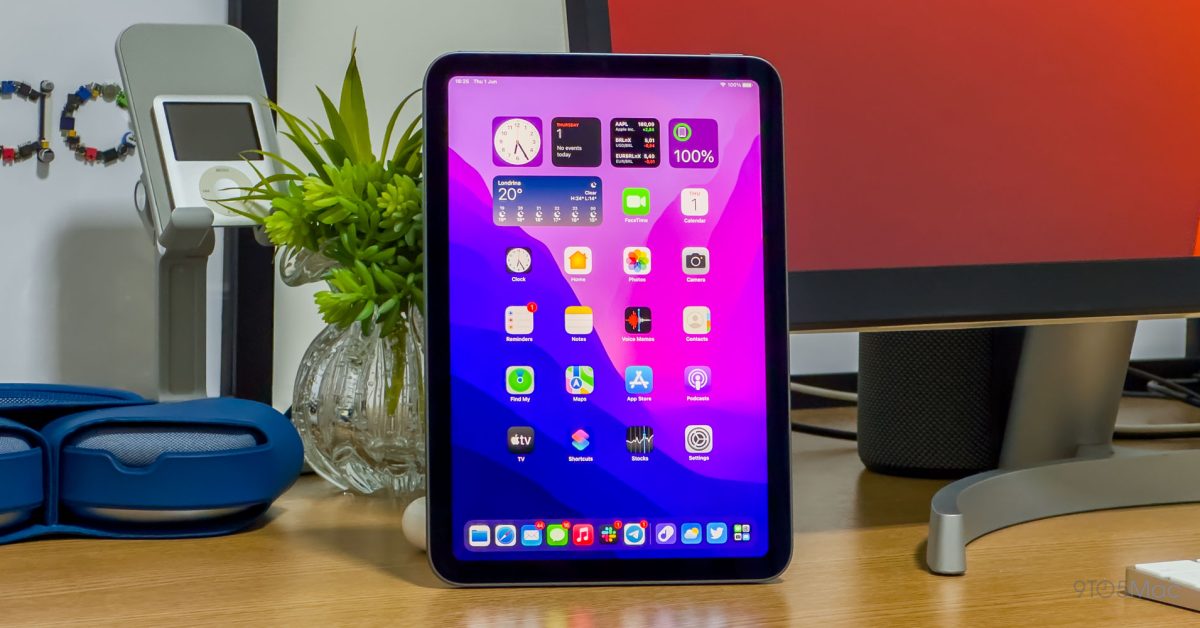Elon Musk’s Twitter Acquisition Linked to Decreased Academic Engagement, Study Finds
A group of researchers published their study in PS: Political Science and Politics which talked about how Elon Musk’s acquisition of X (formerly known as Twitter) impacted academics and how most verified users stopped using the platforms. Before Elon Musk took over Twitter, most of the academics used to communicate with their fellows, peers, public and policymakers on the micro-blogging network. When Musk took over Twitter, he did many changes like reinstatement of suspended accounts, mass layoffs and shift in policies which made many users, including academics, decrease their use of the platform while some left it.
The study was done to find out how, when and why the engagement on Twitter dropped after Elon Musk’s acquisition and what influence did it leave on academic activity. The author of the study, Kevin Munger, said that they had been interested in this topic because Twitter used to be a great social network to engage in academic discussions, especially for social scientists. There was a great shift in engagement after Musk’s takeover so it was needed to study the impact it left on academic communications.
The researchers collected tweets from 15,700 academic accounts that used to tweet on different topics including sociology, politics, psychology and economics. The activity before and after Elon Musk’s takeover on these accounts was studied. Likes, replies, retweets and quote tweets were examined too. A Bayesian Change-Point analysis was used to find out when the engagements on those accounts started to change.
According to the results, it was found that engagements on those accounts decreased drastically after Elon Musk’s takeover in October 2022. Even though the engagement on Twitter was declining since 2021, it dropped all of a sudden on November 19, 2022. It was the day when Elon Musk announced to reinstate Donal Trump’s account after it had been banned in January 2021. This suggests that engagement dropped because of policy decisions and not because of the person who took over the platform.
The study also found that verified accounts lost more engagements than non-verified accounts. Many prominent academics had verified accounts but they lost most of their engagements. But the study didn’t talk about retweeting and replying tweets on verified versus non-verified accounts. Overall, the study found that Elon Musk’s takeover on Twitter affected many big academic accounts and they saw decline in their engagements.
But this study has some limitations. One limitation is that this study doesn’t talk about reasons why academics left Twitter with evidence. Another limitation is that they study used Application Programming Interface (API) and it can create problems for future studies on social media engagements. A comprehensive study should be done standing out reasons for decline in academics seeing a decline in their engagements and other issues should also be highlighted.
Image: DIW-Aigen
Read next:
• 2024 Global Peace Index: A Comprehensive Look at the World’s Most and Least Peaceful Nations
• Can Google’s AI Overviews Be Trusted? New Study Finds 43% Failure Rate For Finance Related Queries



